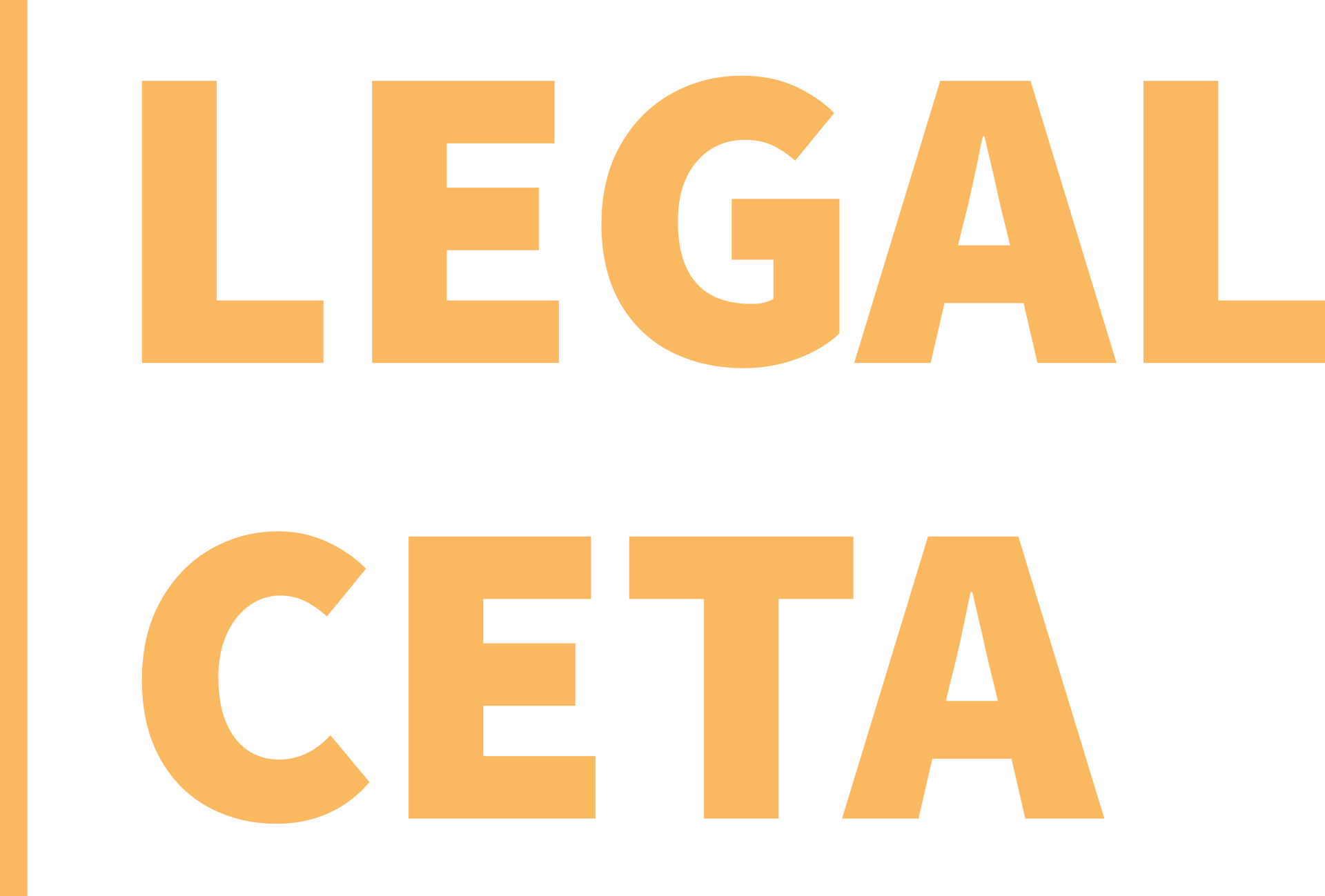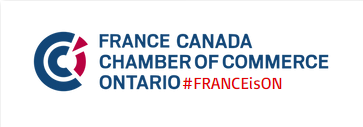European aid
Micro, small and medium-sized enterprises (SMEs) account for 99% of enterprises in the European Union.
The European Union (EU) is setting up programs to support the development of all enterprises qualified as SMEs in the Community sense.
"The category of micro, small and medium-sized enterprises (SMEs) is made up of enterprises which employ fewer than 250 people and whose annual turnover does not exceed EUR 50 million or whose annual balance sheet total does not exceed EUR 43 million" (see Article 2 of the Annex to Recommendation 2003/361/EC).
These thresholds are calculated differently depending on the legal situation of the companies (autonomous, partners or linked).
The scope of European aid is aimed at SMEs in the Community sense, but some aid is also aimed at companies or public entities established outside the European Union, such as the Horizon Europe, COSME and Innovfin programs, and the program for a digital Europe (DIGITAL).
European structural and investment funds
The management of these funds is shared, i.e. the administrations of the member states are responsible for the selection and allocation procedures, but also for monitoring, management and payments.
Examples of funds:
- The European Regional Development Fund (ERDF) which aims to reduce development gaps between regions. It has a budget of 200 billion for the period of 2021/2027.
- The european social fund (ESF) which invests in the human resources sector has a budget of 88 billion for the period 2021/2027.


European aid for a project in a specific sector
The application for funding must be submitted through the European Commission's portal. This is called direct management.
Funds are obtained through calls for proposals or tenders.
- Skyline Europe : This program mainly finances collaborative research, development and innovation projects. It also funds more specific projects such as the "SME instrument", to help companies develop and market new products, services and business models.
- The Program for the Competitiveness of SMEs and Enterprises (COSME) : This program intervenes in the development phase to strengthen the competitiveness and sustainable development of European enterprises. It has a budget of 4.2 billion euros for the period 2021/2027.
- Creative Europe : This program allows to finance the audiovisual, cultural and creative sectors with a budget of 2.44 billion euros for the period 2021/2027.
- The program for the environment and climate (LIFE)
: This program allows the European Union (EU) to finance policies related to the environment and climate change. It has a budget of 4.8 billion euros for the period 2021/2027

- The European Defense Fund (EDF), supports investment in research, the development of common technologies and equipment and stimulates cooperation between industrialists.
-
The "Ideas powered for business SME fund" aims to support SMEs in managing their intellectual property rights. It supports consulting services through the intellectual property voucher for SMEs in the Community sense.
- Innovfin : provides access to financing for small or early-stage companies with projects that are inherently more risky.
- The Connecting Europe Facility (CEF) supports the digital transformation.
European aid for international development outside the EU
For the period 2021/2027, this type of aid is combined in a single instrument that is divided into several pillars :
- the neighborhood
- the development
- the international cooperation
It is often calls for projects that allow access to this aid.
Examples :
- The partnership instrument which has 4 main objectives:
- Provide policy support and respond to international issues.
- Implement the international dimension of Horizon 2020.
- Improve access to third country markets and stimulate trade, investment and business opportunities for European companies.
- Promoting public diplomacy and academic cooperation.
- The European Development Fund (EDF) :
This fund supports actions to promote economic, social and human development as well as regional cooperation in developing countries and territories.
- The Development Cooperation Instrument (DCI), which aims to reduce poverty and allow sustainable economic and social development, as well as the integration of developing countries into the world economy.

There is other European supports.
We assist you in defining your needs in terms of European subsidies, as well as in the preparation of your grant applications and the preparation of your bids.



